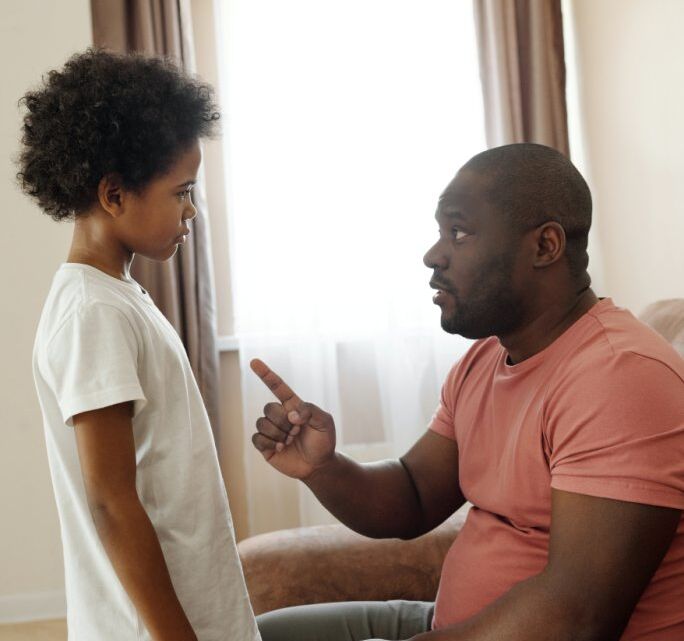
What to do when your child says something disturbing
August 4, 2022
The benefits of talking to your child about disturbing things they say
It’s no secret that kids say some pretty disturbing things. But did you know that talking to your child about these things can actually be beneficial? In this blog post, we’ll explore the benefits of talking to your child about disturbing things hey say.
It’s no secret that kids say some pretty disturbing things. But did you know that talking to your child about these things can actually be beneficial?
It’s every parent’s nightmare. You’re sitting in the living room with your child, having a conversation about their day at school, when suddenly they blurt out something disturbing. Maybe they saw a fight on the playground and are worried about getting hurt. Maybe they heard about a school shooting on the news and are afraid to go to school. Maybe they’re just feeling overwhelmed and sad.
Whatever the case may be, it’s important to stay calm and listen to what your child is saying. They may be trying to tell you something important, and you don’t want to miss it.
7 tips to do when your child says something disturbing:
1. Listen carefully.
It can be tempting to immediately start asking questions when your child says something disturbing, but it’s important to just listen at first. Let them say what they need to say, and then you can ask questions.
2. Ask questions.
Once your child is done talking, it’s time to ask questions. Find out what they saw, heard, or felt that was so upsetting. Try to get as much information as you can.
3. Validate their feelings.
It’s important to let your child know that their feelings are valid. They may be feeling scared, sad, or angry, and that’s OK. Let them know that it’s normal to feel that way in response to what they experienced.
4. Reassure them.
After you’ve listened to your child and validated their feelings, it’s time to provide some reassurance. Let them know that you’re there for them and that you’ll do everything you can to keep them safe.
5. Help them problem-solve.
If your child is worried about something specific, help them come up with a plan to deal with it. For example, if they’re worried about getting hurt in a fight, you can help them come up with a strategy for avoiding fights or diffusing them if they do occur.
6. Seek professional help.
If your child is still struggling after you’ve tried to help them, it may be time to seek professional help. This could be in the form of therapy or counseling.
7. Stay involved.
Even after you’ve sought professional help, it’s important to stay involved in your child’s life. Check in with them regularly to see how they’re doing. Let them know that you’re always there for them.
15 benefits of talking to your child about disturbing things they say:
1. It can help you better understand your child.
2. It can help you better understand your child’s thought process.
3. It can help you identify any potential mental health issues your child may be experiencing.
4. It can help you provide your child with the appropriate level of support and care.
5. It can help you teach your child how to cope with disturbing thoughts and feelings.
6. It can help you build a stronger relationship with your child.
7. It can help you foster a more open and honest relationship with your child.
8. It can help you better monitor your child’s mental health.
9. It can help you intervene early if your child is experiencing mental health issues.
10. It can help you provide your child with the necessary resources and support.
11. It can help you connect your child with mental health professionals.
12. It can help you educate your child about mental health.
13. It can help you advocate for your child’s mental health.
14. It can help you support your child’s recovery.
15. It can help you prevent future mental health issues in your child.
It is important to talk to your child about disturbing things they say in order to help them understand and process their feelings. This will also help prevent them from internalizing their feelings and acting out in negative ways.









